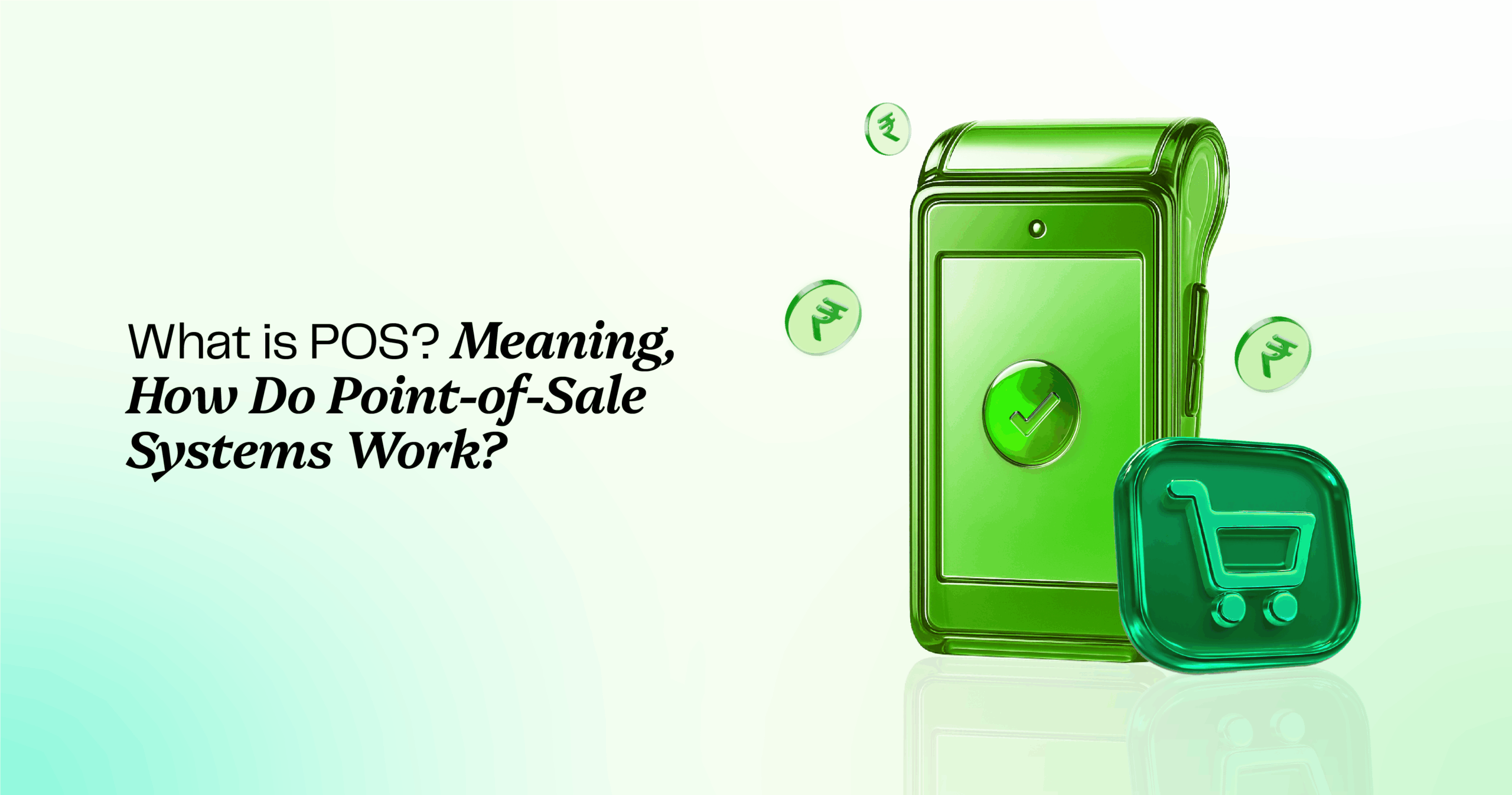PoS stands for point-of-sale and is an important part of any retail business. It is a system of managing how customers purchase goods and services in a retail establishment. A point of sale (POS) is where customers pay for goods and services, and where sales taxes may apply. By using POS, the store owner can also track purchases and generate reports to show how well the business is doing.
The basic function of a PoS system consists of a software application that manages user access and transactions. The purchase history is one of the most important variables maintained by the PoS system because this information is vital in business management.
The point-of-sale concept has been around since the early days of retail. Before computing and digital technology came into the picture, businesses would handle transactions using paper receipts, pens, and ledger books. However, businesses nowadays use digital technology to manage their PoS transactions. Not only that, but a PoS system ALSO helps save money and time as well. The article will give you a better understanding of the PoS meaning and other aspects of the system.
What is a PoS Machine?
A point-of-sale system comes with different types of hardware, but the most commonly used is a Point-of-Sale terminal. It is mounted on the countertop or can be a handheld device. Nowadays, it can also be in the form of a mobile tablet or smartphone. These devices are more common than you think, and they come with different features depending on the needs of the business owners they are serving.
The Point of Sale machine is a device that tracks the amount of money spent at a retail business. You can also use it to organise and maintain information on products, customer orders, and inventory. Point-of-sale machines are integrated with the cash register for businesses that want to save space.
Basic PoS Functions
A PoS terminal is a device with the basic features of a cash register. You can use it to accept customer payments, track inventory, and order and process delivery payments. Depending on the needs of the business owners and staff, these terminals can come with different features. Having one in your retail store is important to manage your sales volume and records.
1. Payment processing
Point of Sale systems can process credit and debit cards. It also comes with counterfeit readers that can detect the kind of card used by a customer before allowing them to make a payment. It is useful because it helps to prevent fraud. Moreover, the system can generate reports on how many sales have been made, broken down by type of payment used.
2. Transaction management
Retail businesses can use PoS systems to monitor and manage daily transactions. This way, you can learn more about your customers and their purchasing history. You can also adjust pricing or offer promotions depending on sales volume.
3. Sales reporting
By monitoring sales, you can determine how well your business is doing and adjust your pricing accordingly. It also helps you create a marketing strategy to attract more customers and boost sales. PoS systems can also generate reports showing inventory details, sales, and customer information.
4. Inventory management
You can use a PoS system to manage inventory linked to products sold in the retail store. It helps store owners know if they have enough inventory on hand or if they need to order more from their suppliers.
5. Customer relationship management
You can use a PoS system to create customer relationships and even follow-up with customers after a purchase. This is useful because a continuing relationship with customers will ensure they return to your store again.
6. Employee management
Retail businesses can use PoS systems to manage employee tasks, payroll, and time. It ensures that the employees do the right thing at the right place and time.
How does a PoS machine work at a small business?
A PoS system is important for retail businesses. It is used to track sales, orders, and other business information. It can also help manage employee tasks, payroll, and time. For most small businesses, a PoS system will help them maximise their daily profits by saving time and increasing sales.
If you have a small business, you should consider looking for a PoS system to manage your business. There are different types of PoS systems nowadays. Each one is specialised to manage the needs of specific businesses. That is why you should talk with a PoS system provider before deciding which one you will use.
Types of PoS Systems
1. On-premise PoS systems
On-premise PoS systems are a combination of hardware and software. These systems are generally called traditional PoS or on-site POS. It means that they are installed on the premises of retailers. However, they come with certain limitations, such as a high upfront fee and a limit to access.
2. Cloud-based PoS systems
Cloud-based PoS systems are used by businesses that need a flexible point of sale. They don’t have to install the system on their premises. Instead, it is managed online through the Internet. When you use cloud-based POS, you can manage your business anywhere and anytime as there is no need to be at the store’s physical location.
3. Mobile PoS systems
Mobile PoS systems are suitable for retail stores that need to accept payments from customers in the field. They are perfect for small businesses due to this PoS system’s flexibility and low cost. Examples of mobile PoS machines include Android PoS and iPad POS.
4. Self-service kiosks
Self-service kiosks are common in restaurants, cafes, and movie theatres. They are becoming more popular as they make self-check-out possible and easy. The customer can easily operate this type of PoS system.
5. All-in-one PoS systems
All-in-one PoS systems are called one-stop PoS systems. This type of PoS system helps you prevent conflicts. And undoubtedly, all-in-one PoS systems will enable you to run your business smoothly by saving money.
Conclusion
PoS is a benefit for both businesses and customers. Besides accepting customer payments, retail businesses can use a PoS for many other purposes, like managing inventory, monitoring sales, building customer relationships, etc. However, there are various types of POS. So, it is necessary to choose the one that best suits your business.

